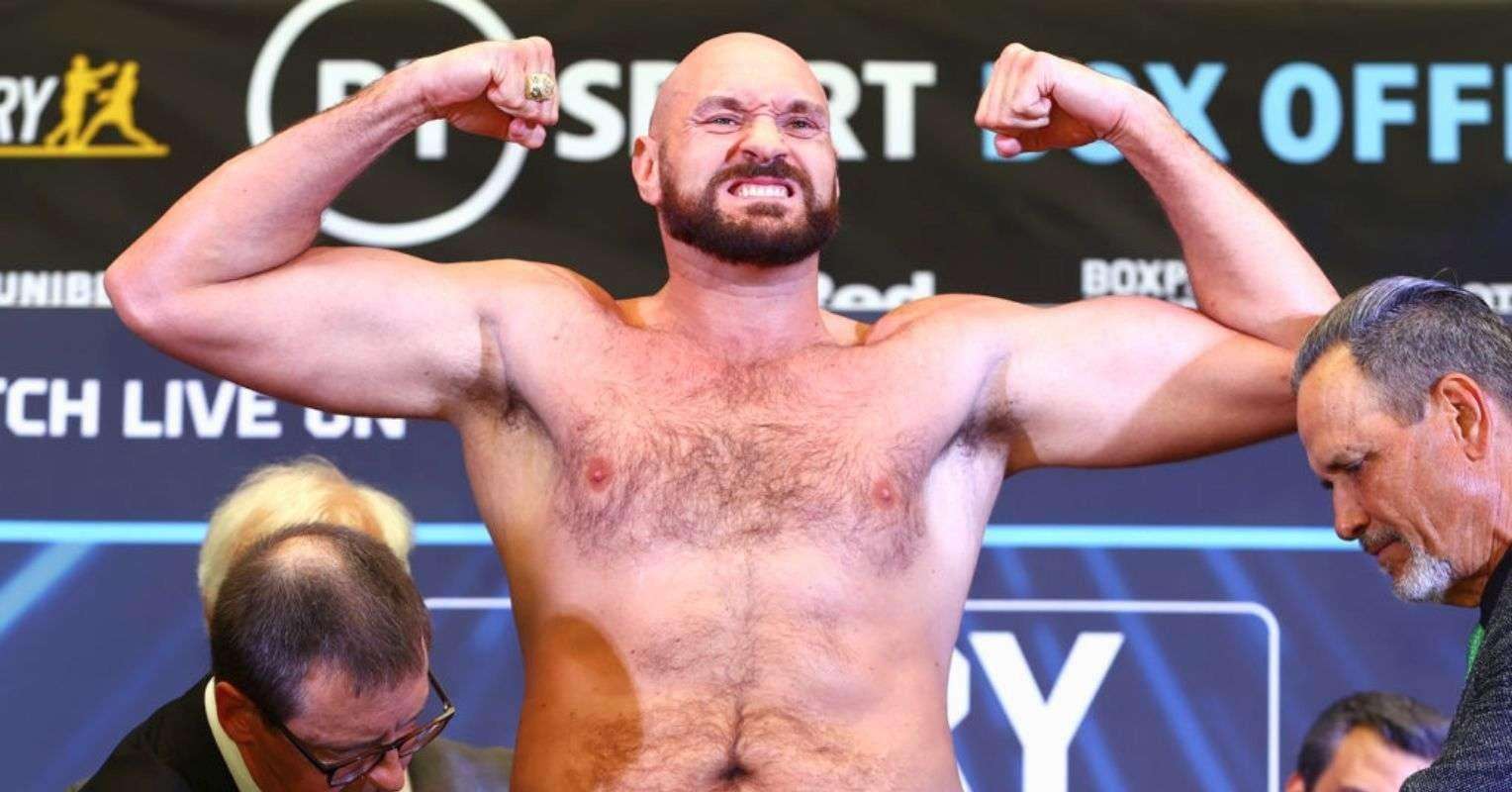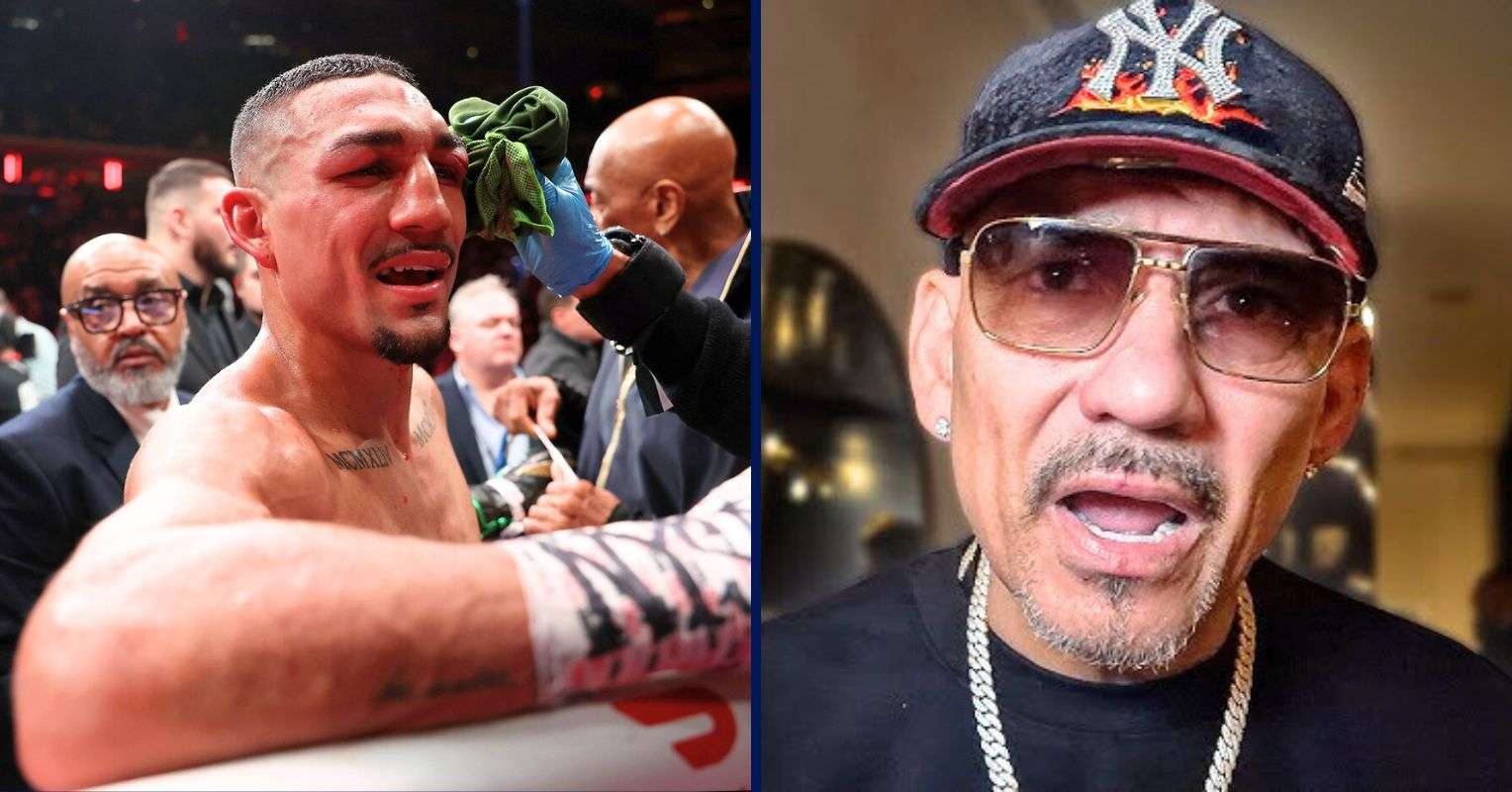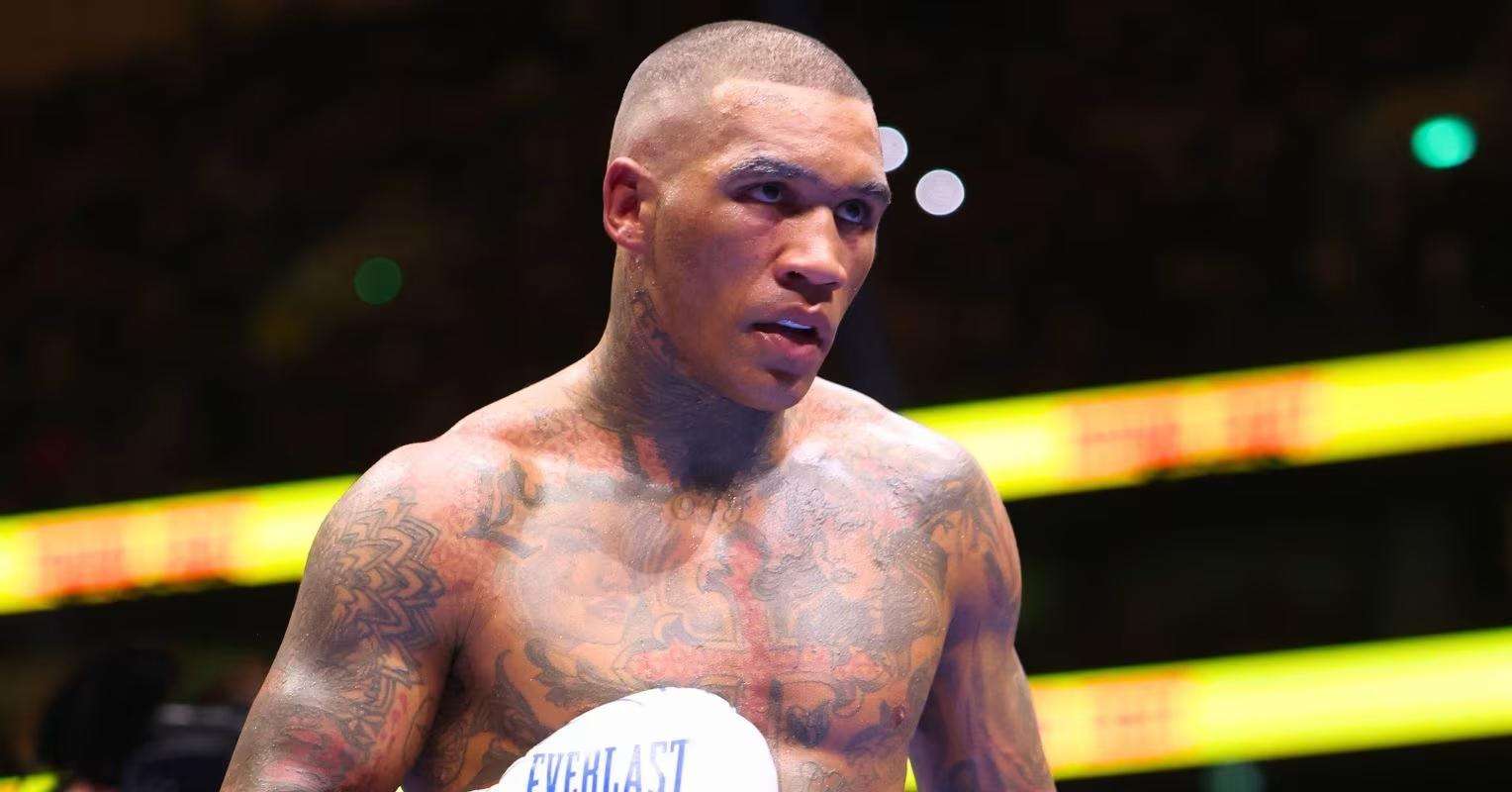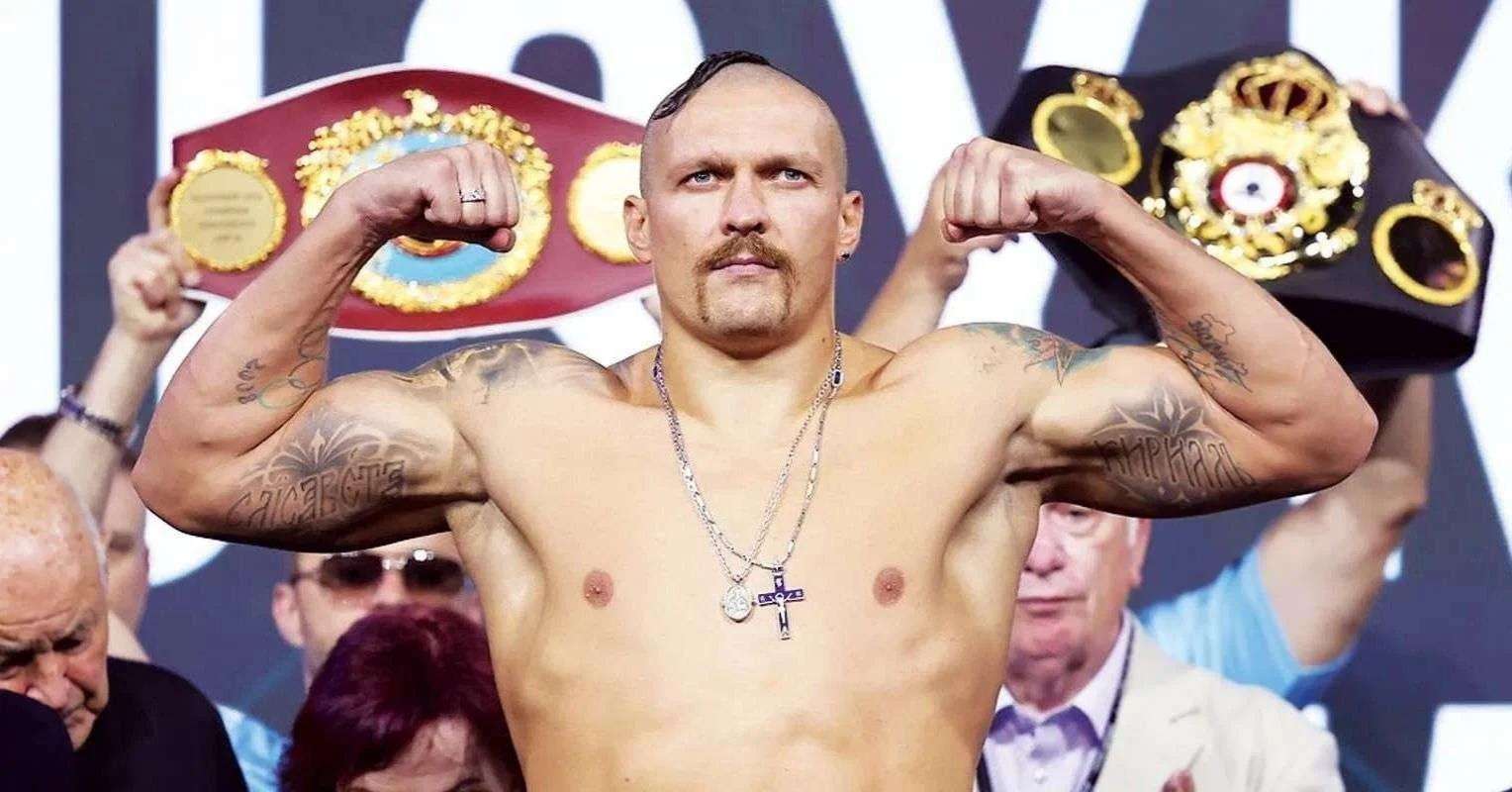Tony Bellew has often spoken about this love of boxing history.
The Liverpudlian is a man who has referenced great fighters and talented boxers from down the generations, and that is in part why he has become a popular pundit after the curtain came down on his own career.
Between the ropes, Bellew managed to become a cruiserweight world champion at the home of his beloved Everton Football Club when he stopped Ilunga Makabu.
He then had two high-profile pay-per-view wins on Sky Sports against old rival David Haye at heavyweight before returning to cruiserweight to take on Oleksandr Usyk in a contest that eventually saw him stopped after a good start.
He recently shared on social media who he thought was the best boxer of all time, and the best man to ever box.
“I’d say the greatest boxer ever is [Roy Jones Jnr] and the greatest man to ever box is Muhammad Ali.”
I’d say the greatest boxer ever is RJJr and the greatest man to ever box is Muhammad Ali..
— Tony Bellew (@TonyBellew) August 20, 2024
Floridian fighter Roy Jones Jr won a silver medal at the Summer Olympics of 1988 and then famously won titles from middleweight all the way up to heavyweight during his decorated career. He mesmerised fans and stunned opponents, with shots from all angles, including a trademark leaping left hook, and would retire with a record of 66 wins from 76 fight.
Previously speaking on Jones, Bellew had said that if he retired after his record-breaking win over John Ruiz at heavyweight there wouldn’t be a debate on the matter.
“People will never understand why he’s the greatest of all time! Had he retired after this fight it wouldn’t even be a question! I don’t really care about what happened after this! Going back down from HW was a disaster! This is my [greatest of all time]”
Louisville’s Ali, meanwhile, earned himself the title of ‘The Greatest’ for his epic exploits inside the ring in fights with legends like Joe Frazier and George Foreman but also for his actions outside of it, including refusing to be drafted for the Vietnam War and continued social and political activism.




